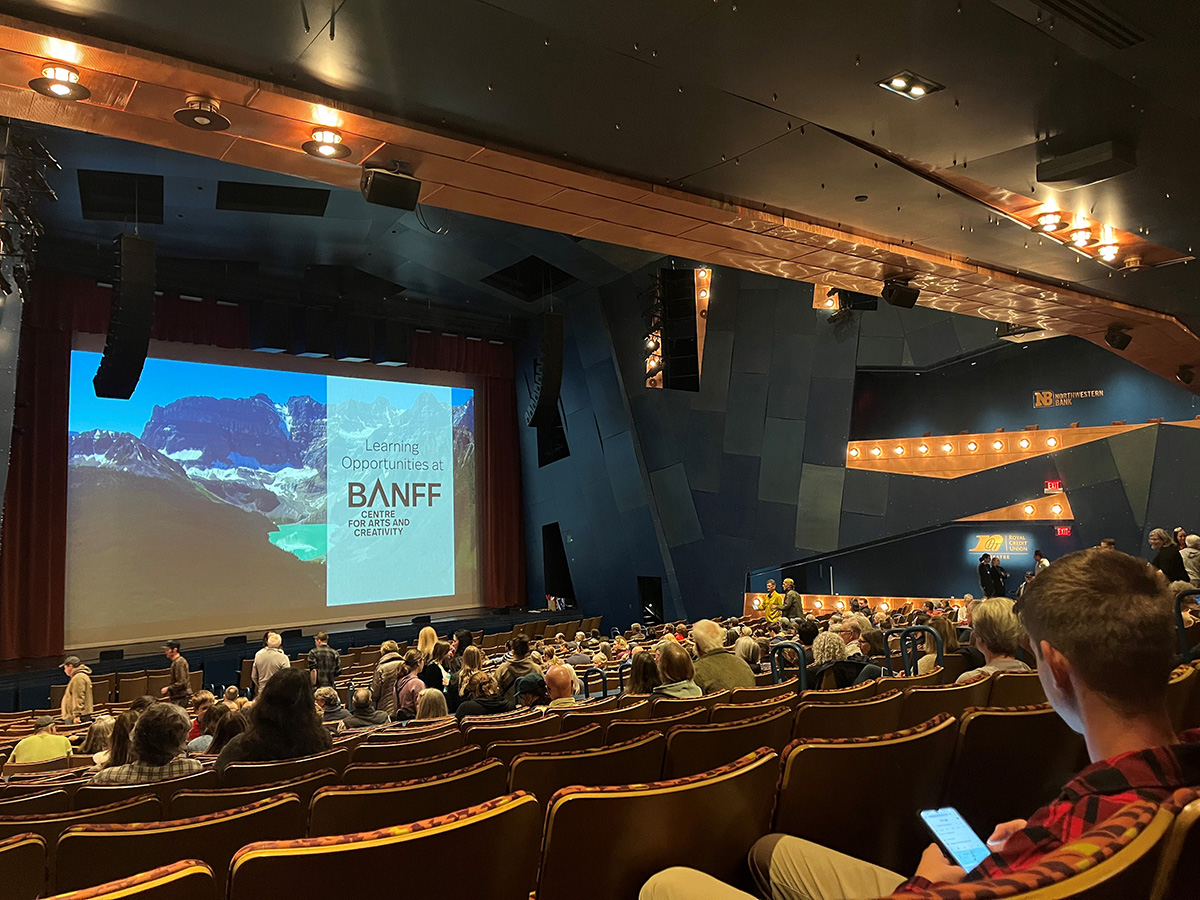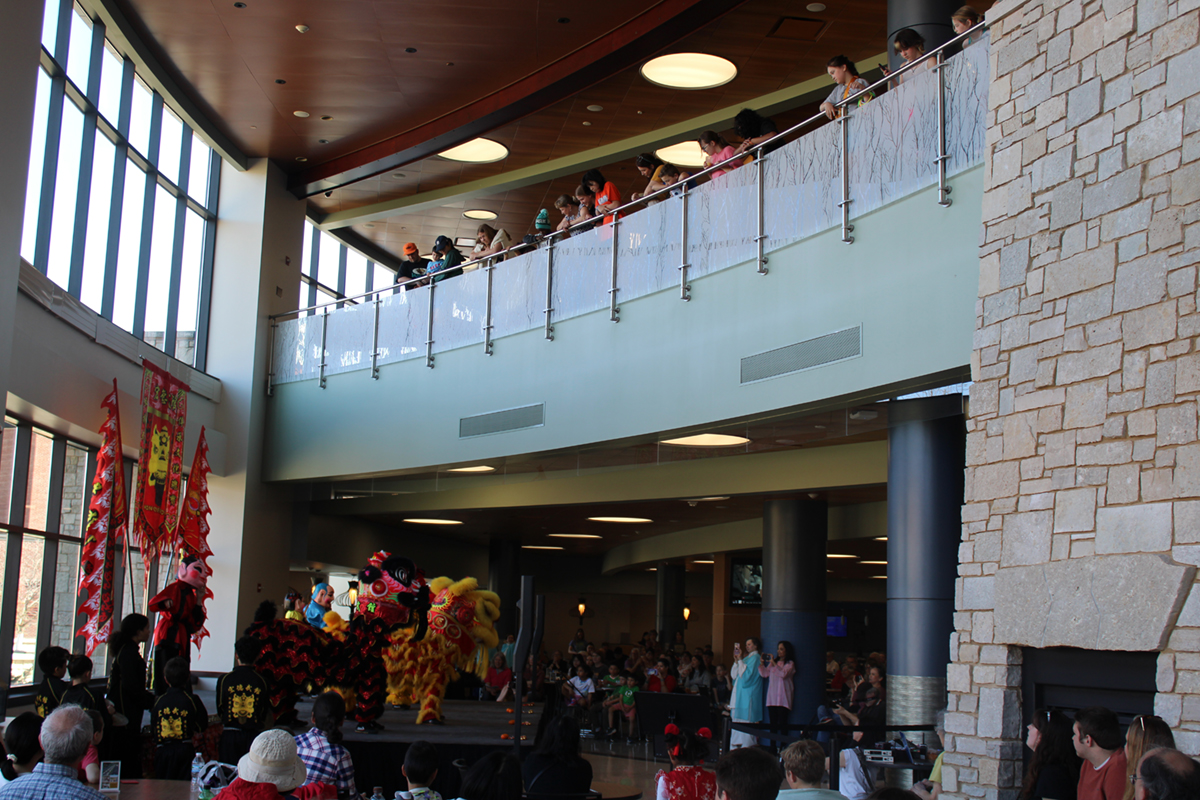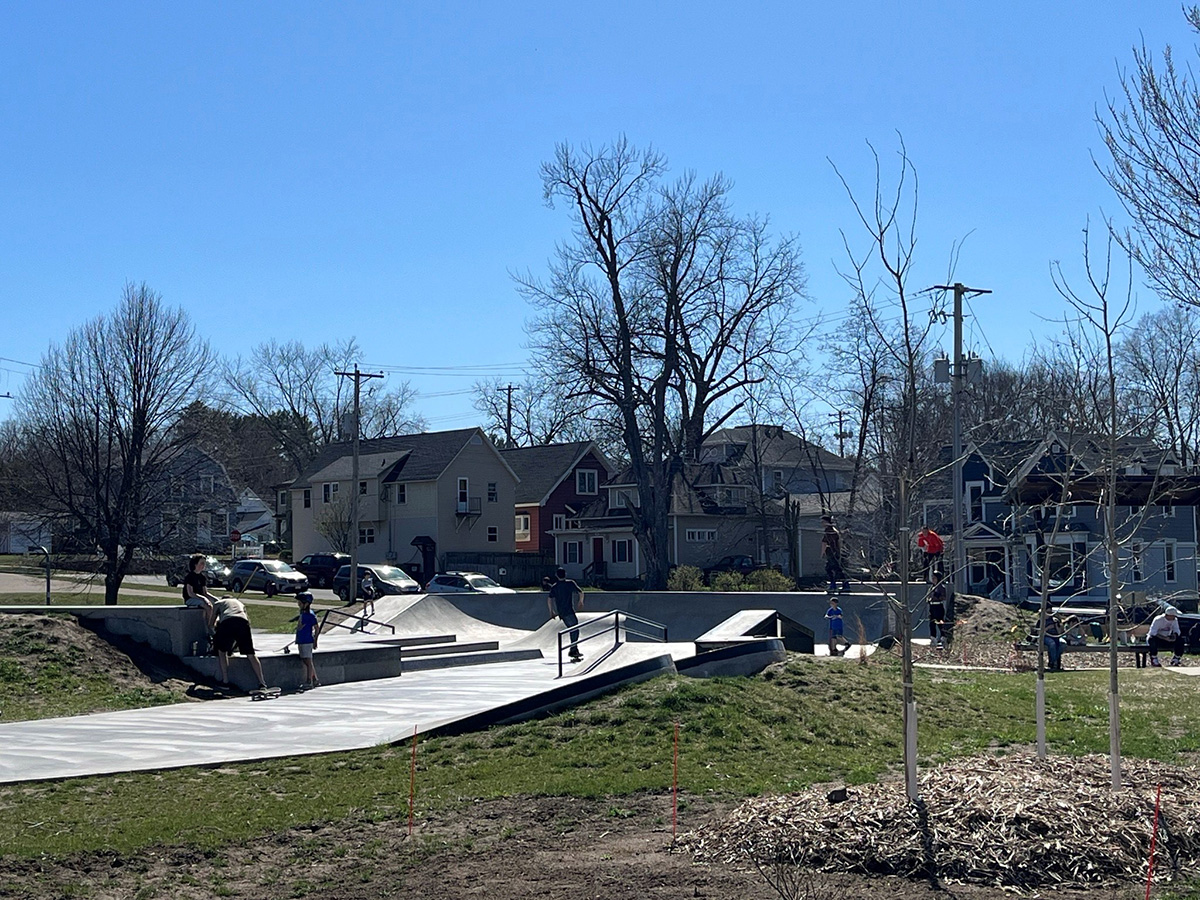Eau Claire county residents gathered at 7:30 p.m. on March 26 at the L.E. Phillips Memorial public library to attend a presentation about climate change in the state of Wisconsin.
The presentation titled, “Global Climate Change: A Brief Overview, Climate Science Fundamentals, and Implications for Wisconsin” was presented by bureau director of Wisconsin Department of Natural Resources John Sullivan.
It is the opening presentation in a five part series happening in April titled, “Climate Change: A Common Sense Exchange.”
The event was cosponsored by the Watershed Institute for Collaborative Environmental Studies, a UW-Eau Claire program.
The program is meant to inform and educate citizens of Eau Claire about environmental dangers and what can be done to help.
Eau Claire chemistry professor James Phillips will be a facilitator for one of the upcoming presentations. He said the upcoming events will be more discussion based and allow community members to come up with solutions for the community.
Eau Claire county resident Judy Willink said she has always been aware of the environment and now that she is retired she has more time to be involved with helping the environment.
“I think it’s an issue that affects everybody,” Willink said. “Nobody is immune to what happens to our environment. So I think it’s one of the most basic, most essential issues we need to be involved in.”
Sullivan discussed Wisconsin’s past, current and future climate. His data came from research done by the Wisconsin Initiative on Climate Changes Impact. Research was done by 14 different work groups with issue and place based research.
The research found that Wisconsin’s climate has warmed by 1 to 1.5 degrees Fahrenheit since 1950. Most warming is occurring in the winter and spring. Nighttime lows are warming more often than daytime highs. It’s not getting as cold at night.
Wisconsin’s precipitation has changed since 1950, as well. Rainfall has increased by 5 to 15 percent. Five of Eau Claire’s 10 wettest days have occurred in the last 30 years.
Wisconsin is predicted to warm up to 4 to 9 degrees Fahrenheit by mid 21st century, Sullivan said. Overall, there will be more very hot days and less very cold days.
Sullivan said it is important to study climate change because it has an impact on natural resources and animal and plant species.
“We’ve been living in a fairly stable climate for the last eight to 10 thousand years and now we’re asking nature, in a very brief period of time, maybe 50 years, to be able to handle a shift,” Sullivan said.
A change in climate causes negative changes in food chains, an increase in invasive plant species and a time decrease in logging season.
There is a negative effect for cold water fish such as black trout. The warmer the water is, the more drastic the decrease in fish population. Warm water fish will predominate.
Sullivan talked about an issue he thinks affects Wisconsin greatly, the decline in walleye and increase in smallmouth and largemouth bass. A large amount of money is spent on managing the population of walleye, the same is being done for whitetail deer, Sullivan said.
Sullivan said one of the things Eau Claire can do is educate the community.
“That’s where it starts,” Sullivan said. “You have to get people talking.”
He said it is also beneficial to promote sustainable, develop an implementation plan and become a climate ready community.
Phillips said one of the most important things Eau Claire residents can do is become involved in local politics, vote in the city council election and make local changes, but it won’t be easy.
“There will be both resistance and embracement of change.”






